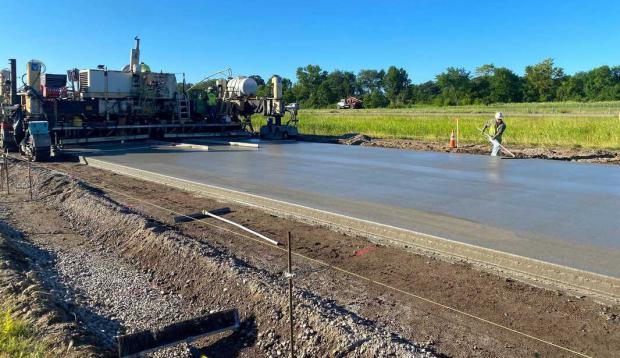
Breaking News
 Dr Pollan at Harvard has cured schizophrenia using keto diet
Dr Pollan at Harvard has cured schizophrenia using keto diet
 We are winning. Big Pharma is finding it too difficult to get new vaccines approved under Trump
We are winning. Big Pharma is finding it too difficult to get new vaccines approved under Trump
 Abortion drugs discovered in Bill Gates' vaccines
Abortion drugs discovered in Bill Gates' vaccines
 Ask yourself how we've gotten here, then ask yourself why no one seems to care.
Ask yourself how we've gotten here, then ask yourself why no one seems to care.
Top Tech News
 Drone-launching underwater drone hitches a ride on ship and sub hulls
Drone-launching underwater drone hitches a ride on ship and sub hulls
 Humanoid Robots Get "Brains" As Dual-Use Fears Mount
Humanoid Robots Get "Brains" As Dual-Use Fears Mount
 SpaceX Authorized to Increase High Speed Internet Download Speeds 5X Through 2026
SpaceX Authorized to Increase High Speed Internet Download Speeds 5X Through 2026
 Space AI is the Key to the Technological Singularity
Space AI is the Key to the Technological Singularity
 Velocitor X-1 eVTOL could be beating the traffic in just a year
Velocitor X-1 eVTOL could be beating the traffic in just a year
 Starlink smasher? China claims world's best high-powered microwave weapon
Starlink smasher? China claims world's best high-powered microwave weapon
 Wood scraps turn 'useless' desert sand into concrete
Wood scraps turn 'useless' desert sand into concrete
 Let's Do a Detailed Review of Zorin -- Is This Good for Ex-Windows Users?
Let's Do a Detailed Review of Zorin -- Is This Good for Ex-Windows Users?
 The World's First Sodium-Ion Battery EV Is A Winter Range Monster
The World's First Sodium-Ion Battery EV Is A Winter Range Monster
 China's CATL 5C Battery Breakthrough will Make Most Combustion Engine Vehicles OBSOLETE
China's CATL 5C Battery Breakthrough will Make Most Combustion Engine Vehicles OBSOLETE
New Low-Carbon Concrete Outperforms Today's Highway Material While Cutting Costs in Minnesota

Concrete and its most important ingredient, cement, is one of the most carbon-intensive industries on Earth because it's used so often in construction. It has virtually no parallels for the ease of use, versatility, and structural properties, but emits about 0.6 tons of carbon per 1 ton of cement mixture produced according to Imperial College London.
US firm Carbon Upcycling Technologies, in collaboration with the Minnesota Department of Transportation (MnDOT) has successfully completed a three-year study on the use of the company's low-carbon cement in highways.
The results highlight Carbon Upcycling's ability to be a drop-in solution for reducing carbon-intensive cement in concrete, while saving money and making stronger roads.
The work in the study was carried out by Sutter Engineering and sponsored by the National Road Research Alliance (NRRA). It rigorously tested 16 unique concrete mixtures in real-world conditions on an active Minnesota highway to identify options that could reduce the carbon footprint of infrastructure without sacrificing strength or durability.
Completed in early 2024, the study aimed to find materials that could significantly lower the carbon footprint of concrete paving without compromising durability. Carbon Upcycling's CO2-enhanced mix achieved a 12.5% reduction in cement content while matching the workability of traditional concrete, allowing seamless handling, placement, and setting times for construction crews.
"Infrastructure is the very foundation of a sustainable future, and at Carbon Upcycling we're committed to creating materials that support this vision while establishing a secure, stable North American supply chain," said Apoorv Sinha, CEO of Carbon Upcycling.
"Our collaboration with the Minnesota Department of Transportation highlights how Carbon Upcycling can transform captured emissions into local materials that strengthen our infrastructure. By focusing on resilience and sustainability, we're contributing to a vision where our essential structures are clean and built to last."



